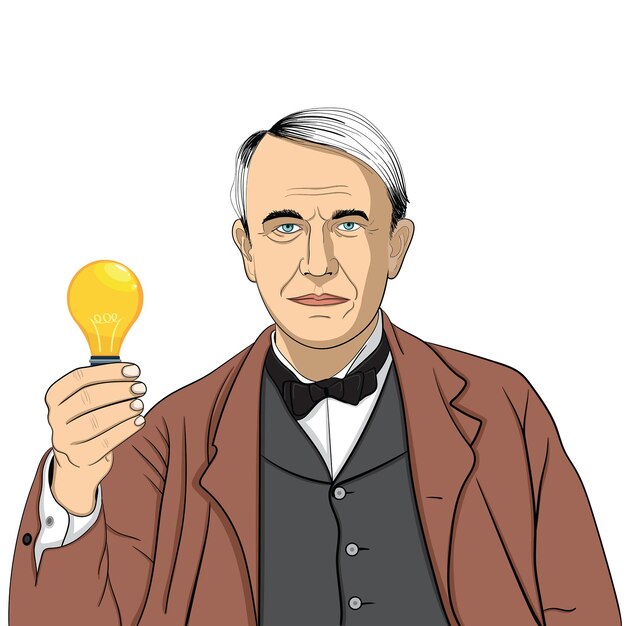Fascinating Facts about Walt Whitman

Walt Whitman was one of the most influential American poets of the 19th century.
He is often referred to as the father of free verse.
Whitman’s best-known work is his collection of poems entitled Leaves of Grass.
He was born on May 31, 1819, in West Hills, New York.
Walt Whitman worked as a teacher, journalist, and government clerk during his lifetime.
His writing often celebrated the beauty and diversity of America.
Whitman’s poems are known for their bold and unconventional themes and style.
He was deeply influenced by transcendentalism, a philosophical movement that emphasized individualism and the value of nature.
Whitman volunteered as a nurse during the American Civil War and wrote extensively about his experiences.
His poetry often explored themes of democracy, equality, and the human experience.
Despite his controversial themes, Whitman’s work gained both praise and criticism during his lifetime.
He revised and expanded Leaves of Grass multiple times throughout his career.
Whitman’s writing was influential to later poets, such as Allen Ginsberg and Langston Hughes.
He had a close relationship with his mother, who encouraged his love of reading and writing.
Walt Whitman was politically active and expressed his views on issues such as slavery and women’s rights through his writing.
He lived in numerous cities throughout his life, including New York City, Camden, and Washington, D.C.
Fascinating Facts about Walt Whitman part 2
Whitman is often associated with the bohemian counterculture of the 19th century.
He was not afraid to tackle taboo subjects in his poetry, including sexuality and spirituality.
Whitman’s self-published first edition of Leaves of Grass received praise from literary critics like Ralph Waldo Emerson.
He often included himself as a character in his poems, blurring the line between author and speaker.
Whitman’s iconic image, taken by photographer Mathew Brady, has become synonymous with his literary legacy.
He believed in the power of literature to connect people across time and space.
Whitman’s writing style was characterized by long, sprawling lines and a sense of rhythm.
He celebrated the beauty of everyday life and the ordinary people who lived it.
Walt Whitman’s poetry often evoked a sense of cosmic unity and the interconnectedness of all things.
He died on March 26, 1892, in Camden, New Jersey.
Whitman’s final edition of Leaves of Grass, known as the Deathbed Edition, contained over 400 poems.
He was influenced by the works of poet William Shakespeare and philosopher Ralph Waldo Emerson.
Whitman’s poetry celebrated the physical body as a sacred and beautiful part of existence.
He was known for his inclusive and egalitarian vision of America, celebrating diversity and democracy.
Whitman’s poetry has been translated into numerous languages and continues to be studied and appreciated worldwide.
He believed in the power of art to challenge conventional norms and inspire social change.
Whitman’s work often explored themes of love, death, and nature.
He believed that true poetry could only come from a deep connection with one’s own experiences and emotions.
Whitman’s writing captures the spirit of the American frontier and the optimism of the early 19th century.
He was influential in the development of American literature and helped shape the identity of the nation through his poetry.
Whitman’s writing is characterized by its sprawling and expansive nature, reflecting his belief in the boundless possibilities of the human spirit.
He was inspired by the beauty of the natural world and frequently incorporated elements of nature into his poetry.
Whitman’s poems often celebrated the working class and the dignity of everyday labor.
He was a critical observer of American society and its contradictions, often addressing issues of social injustice in his writing.
Whitman saw himself as a poet for the common man, believing that poetry should be accessible to all rather than confined to the intellectual elite.
His poetry reflects a sense of awe and wonder at the grandeur of the universe.
Whitman believed in the importance of individual freedom and self-expression.
He challenged traditional poetic forms and experimented with innovative techniques, inspiring future generations of poets.
Walt Whitman’s legacy continues to inspire and provoke thought, challenging readers to embrace their own unique voices and celebrate the beauty of the world around them.

